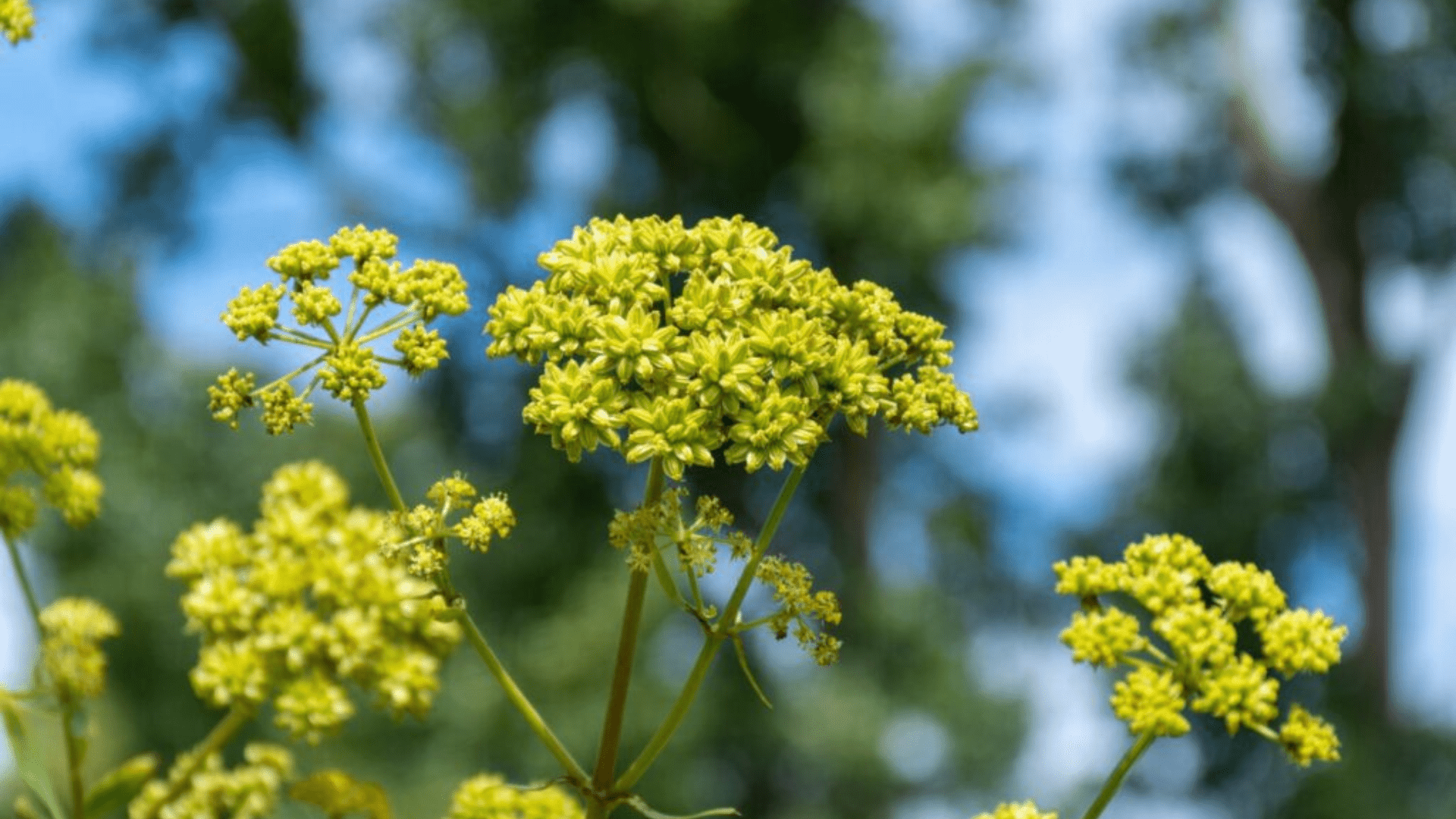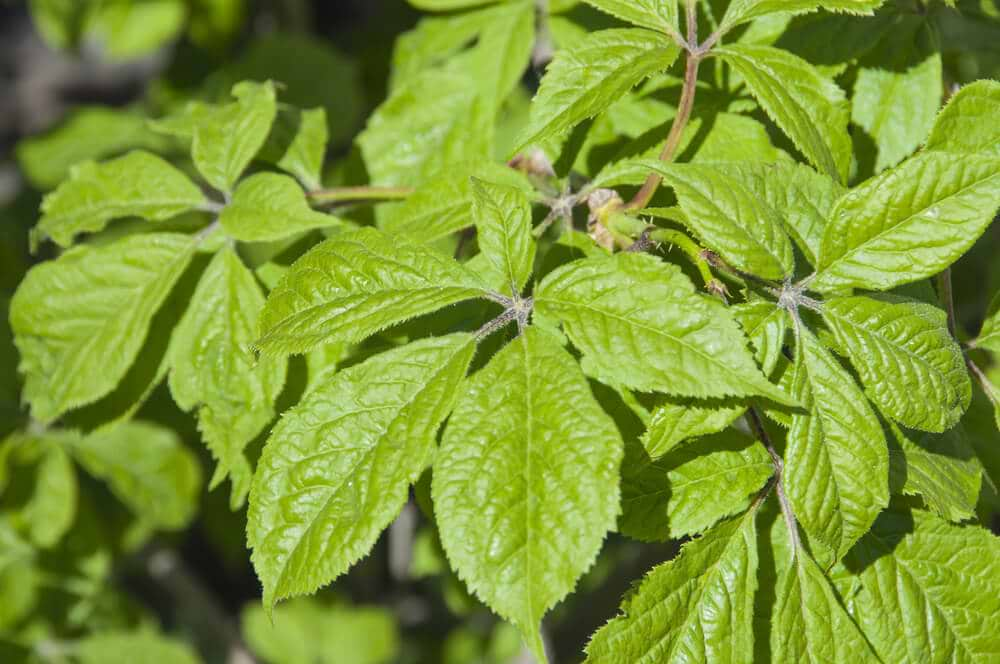Oregon Grape's beautiful and fragrant yellow flowers and evergreen leaves have made it a popular ornamental and it can now be found outside its native range of western North America. In addition to its beauty, the root of Oregon Grape is also a powerful medicinal.
There are over 70 species of Oregon Grape but Mahonia aquifolium and Mahonia repens are most commonly used for medicinal purposes (M. aquifolium is most commonly found along the western coast, and M. repens is commonly found in western inland states). Its thick, shiny, and spiny leaves look similar to holly leaves and some have mistaken Oregon Grape for holly when it's not in flower or fruit. But there is no mistaking the bright yellow flowers or purple berries once they appear.
A member of the Berberidaceae family, the root contains berberine, giving it a light to dark yellow color. Because of this, Oregon grape is often used similarly to goldenseal (Hydrastis canadensis), another native North American plant that contains high amounts of berberine. Goldenseal is highly endangered now in the wild and I often recommend people use Oregon Grape instead.
The Medicinal Uses and Health Benefits of Oregon Grape Root
Berberine is well researched and has been found to help support healthy cholesterol levels and a healthy inflammatory response.
If you have Oregon Grape growing near you, the purple "grapes" that ripen in August are edible. While fairly tart and astringent when fresh, they make a delicious jam or syrup and are packed full of free radical scavengers that help protect the body from oxidative stress.
Due to uterine stimulants, such as berberine, Oregon Grape should not be used during pregnancy.
WishGarden Herbs' formulas containing Oregon Grape Root:
- Badass Bitters Digestive Aid
- Deep Cleanse Reset & Flourish
- Cycle Vitality 1 Follicular Phase Estrogenic Support
Erin Smith has been working with plants for 25 years and is medical herbalist and ethnobotanist. She is the creator of Plant Passionate Living, an interactive program designed to help people find greater health and vitality through a deeper relationship with plants. Erin is the Founder and Director of the Center for Integrative Botanical Studies.
For educational purposes only. This information has not been evaluated by the Food and Drug Administration. This information is not intended to diagnose, treat, cure, or prevent any disease, or to sell any product.
Recommended Products
Further Reading










